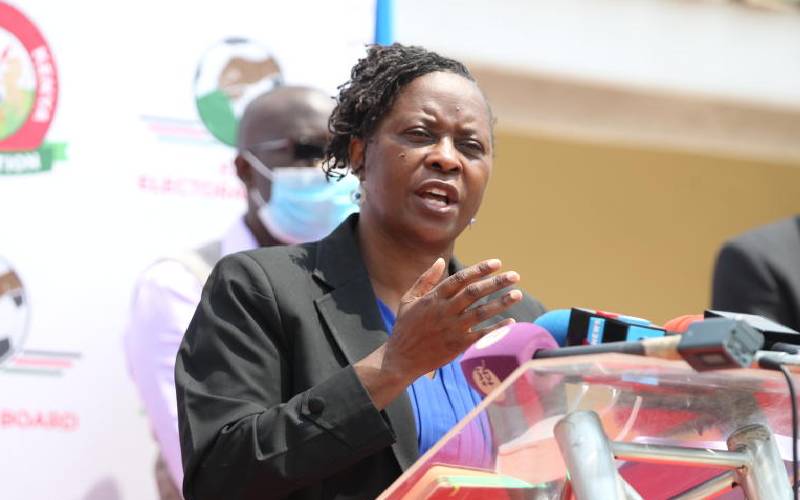×
The Standard e-Paper
Stay Informed, Even Offline

FKF Electoral Board chairperson Kentice Tikolo announcing Electoral road map at FKF offices, Goal Project Nairobi, 2020. [File, Standard]
How was it like growing up?